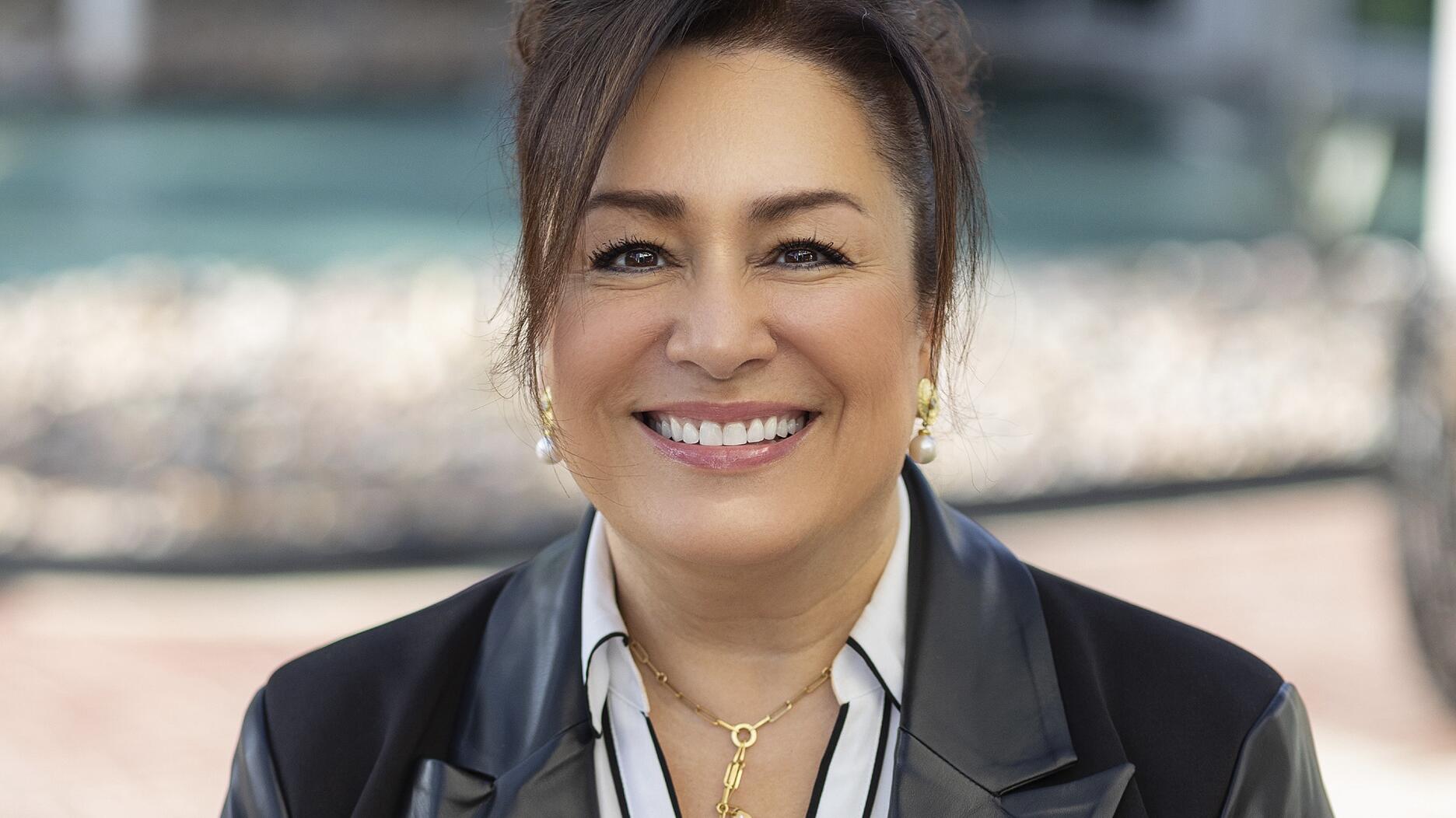Creative Connecting: Managing Customers’ Expectations During the Custom Design Process
A great custom design experience starts with listening to your customers, Duvall O’Steen and Jen Cullen Williams say.

Large companies like Starbucks and Apple have made customization a key selling factor—have your coffee your way, your computer, your mobile phone, your apps, and your social media feed.
Today’s consumer literally has been trained to desire customization. Buyers want to share in the purchase process by customizing the products they buy to meet their needs, preferences or lifestyles, and jewelry is no exception.
As demand for custom jewelry continues to rise, communication with the customer will be critical for success.
We spoke with several jewelers who regularly do custom design work to discover their best tips for communicating with the customer throughout the process.
Design Consultation—Active Listening Is Key
Designer Dan Sokyrka of Diamond Concepts Fine Jewelry in Sonora, California, has been designing custom jewelry for his customers for 40 years and has completed thousands of jewelry designs.
For Dan, the custom design process starts with listening.
“To be able to communicate with people effectively, especially to understand someone’s thoughts and ideas about what they want in a design, takes listening to not only what the client says, but also listening to how they act and their body language as well,” he said.
He observes their style of dress, the jewelry they are wearing when they enter the store, and the car they drive; not in a judgmental way, just to understand their sense of style.
“But the key is asking questions and listening to their replies,” he said. “I find that when I stop trying to ‘sell’ something, and just talk with them about their likes and dislikes and their life a little, they relax and are not feeling pressure, and then, it’s easier for them to explain what they are thinking.”
Sokyrka tells his customers to be 100 percent honest, assuring them their dislike of something will not offend him.
For customers who have no idea what they want, Sokyrka gives them homework.
“I tell them to make it fun … Go home and get on your computer on the Google Images tab with a glass of wine and type in keywords, like vintage-style ring, three-stone engraved ring, modern ruby ring, whatever you think might bring up your style.
“Do not look for a specific ring, just look for what makes you feel good, maybe just a curve on this ring or it might be a twist on that ring. Print out or save anything that grabs you about any ring. Your choices will start to have some common themes, and I’ll start to know exactly what you like.”
Customer Engagement—Keep Them Informed
After the initial design consultation, it can be challenging to balance customer involvement. How much do you involve the customer in the process?
John Magzalcioglu, vice president of Diamond Club International, suggests keeping the customer informed at every point in the process to ensure their satisfaction.
“As we are making the jewelry, we communicate with our clients step by step, informing them when we finalize the design (getting their approval), when we are setting the diamonds, when we are polishing, when we are doing quality control, etc. And most importantly, we follow up once they receive the jewelry to see if they are happy with it or if they have any concerns.”
During an educational panel at Stuller’s October “Bridge” conference, custom design specialist Joseph Meadows of David Douglas Diamonds & Jewelry shared the importance of not overcomplicating the custom process by using too many industry terms that could confuse or overwhelm a customer.
Instead of saying “rendering,” use the term “drawing or sketch,” he suggested. And instead of saying “CAD,” describe it as, “a computer drawing of your design.”
He noted many jewelry and gemstones terms and acronyms are second nature to designers and jewelers but can intimidate customers.
Presenters in the session also advised clearly defining the difference between jewelry repairs and modifications to existing designs, as well as complete custom designs, since pricing and the timeline will vary depending on the scope of the work involved by the jeweler.
Hasmik (Jasmine) Kafafian of Michael M Jewelry reminded us of the importance of getting all the details at the start, including ring size or the desired length and width of a pendant.
This kind of specificity helps to ensure success and should be clarified before any carving and especially before precious metal casting. Kafafian works in wax molds and usually sends CAD designs for approval prior to making the wax mold.
Giving customers choices in the communication process can also create a more personalized approach to your service.
Chris Ploof, owner and designer at Chris Ploof Designs, said he chooses how much to inform the customer based upon their requests.
“Once we have an approved design, we typically don’t share the process unless the customer asks, and even then, I don’t always document the whole process, unless we have arranged for this with the customer ahead of time. Of course, with mobile phones taking excellent photos/videos these days, it has become much easier and faster. I let the customer lead and gauge their level of interest.”
Ploof said jewelers should always get a deposit and inform the customer upfront if changes require additional investment.
“I won’t even start designing without a deposit. I’ve seen countless jewelers get burned by customers walking away once a design has been shared and shopping it around for a lower price. I do share a CAD design and video, and I am happy to make minor adjustments, but if a customer wants major changes or can’t make up their mind, we do charge for revisions. We let the customer know this upfront.”
Ploof also suggests clarity about ownership of the design.
“Early on, I let a customer know that they own the idea to change or customize one of my designs, but they don’t own the design itself—we do. This prevents any misunderstandings.
“Also, we don’t give our customers our CAD files, we keep them. Many of the custom pieces we have done include hours of complicated CAD in them. I am not going to give that away so that another maker can quote a lower price, especially since all that design work is already done. Most of our pieces are geared toward our unique materials and styles anyway, and sometimes, those design files can be used again later as the basis for creating new or other designs.”
Custom design can be a little intimidating to some designers, generating fears of failure, wasted effort, or issues with compensation.
Not only do you want the customer to be happy, but you also want to make sure that you and your staff are properly compensated for their time.
Sara Yood, deputy general counsel for the Jewelers Vigilance Committee (JVC), suggests jewelers (either designers or retailers who offer custom design work) always use a written contract when taking on custom work.
“A contract absolutely does not have to be complicated and does not require a lawyer to draft,” she noted. “At a minimum, you’ll want to discuss these issues listed below with your customer before proceeding, and ideally, put it in writing.”
Here are the items Yood suggests should be included in a custom design agreement:
• Names of the designer and the customer;
• Description of the agreed-on piece to be made;
• Agreed-on price and payment schedule (such as 50 percent non-refundable deposit, 50 percent due on receipt or whatever other payment terms the designer wants);
• Waiver for any customer stones/jewelry they are providing for the piece (i.e., a designer might take a stone out of a setting to reset and find out that it is broken, and the designer doesn’t want to be liable for that);
• Timeline expectations; and
• Description of how the parties will resolve any disputes arising under this contract (i.e., choice of state governing law or agreement to arbitrate, etc.).
Yood suggests “overcommunication”—specifying when design approval happens, ensuring that customers pay a deposit, and getting feedback every step of the way.
With a little planning and personalized communication, the custom design process can be a joy for everyone involved.
A healthy dose of common sense, combined with a touch of compassion, a sprinkle of clarity, and a pinch of patience, can all together create the perfect recipe for communication throughout the custom design process.
Elizabeth Gibson, CEO and founder of Austin, Texas, retail store Eliza Page and the designer of new personalized jewelry collection Scribe said: “I want our customers to love their customized jewelry.
“From the choice of gemstones to the symbolism and meaning behind the designs, personalized jewelry will be cherished today and passed down through the generations. How lucky are we to be part of their stories?!”
The Latest
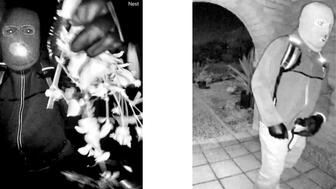
Guthrie, the mother of “Today” show host Savannah Guthrie, was abducted just as the Tucson gem shows were starting.

Butterfield Jewelers in Albuquerque, New Mexico, is preparing to close as members of the Butterfield family head into retirement.
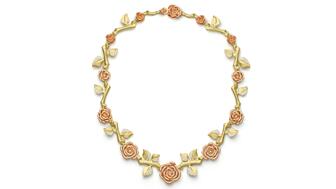
Paul Morelli’s “Rosebud” necklace, our Piece of the Week, uses 18-karat rose, green, and white gold to turn the symbol of love into jewelry.
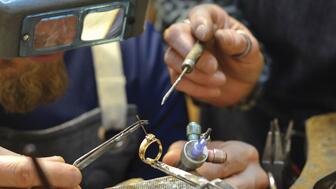
Launched in 2023, the program will help the passing of knowledge between generations and alleviate the shortage of bench jewelers.

The nonprofit has welcomed four new grantees for 2026.


Parent company Saks Global is also closing nearly all Saks Off 5th locations, a Neiman Marcus store, and 14 personal styling suites.
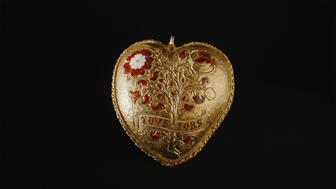
It is believed the 24-karat heart-shaped enameled pendant was made for an event marking the betrothal of Princess Mary in 1518.
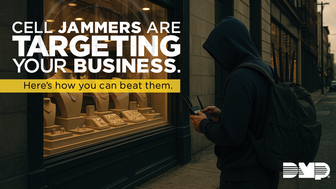
Criminals are using cell jammers to disable alarms, but new technology like JamAlert™ can stop them.
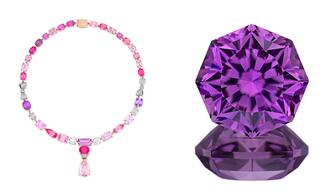
The AGTA Spectrum and Cutting Edge “Buyer’s Choice” award winners were announced at the Spectrum Awards Gala last week.
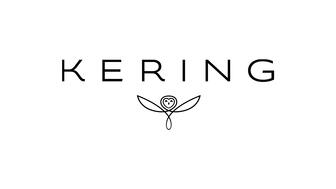
The “Kering Generation Award x Jewelry” returns for its second year with “Second Chance, First Choice” as its theme.
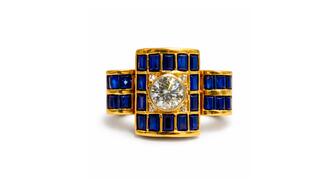
Sourced by For Future Reference Vintage, the yellow gold ring has a round center stone surrounded by step-cut sapphires.
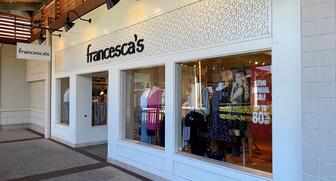
The clothing and accessories chain announced last month it would be closing all of its stores.

The “Zales x Sweethearts” collection features three mystery heart charms engraved with classic sayings seen on the Valentine’s Day candies.

The event will include panel discussions, hands-on demonstrations of new digital manufacturing tools, and a jewelry design contest.

Registration is now open for The Jewelry Symposium, set to take place in Detroit from May 16-19.
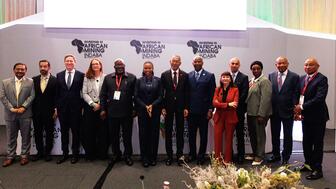
Namibia has formally signed the Luanda Accord, while two key industry organizations pledged to join the Natural Diamond Council.

Lady Gaga, Cardi B, and Karol G also went with diamond jewelry for Bad Bunny’s Super Bowl halftime show honoring Puerto Rico.
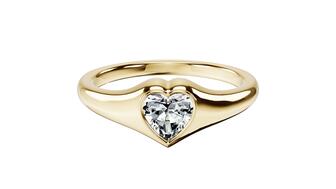
Jewelry is expected to be the No. 1 gift this year in terms of dollars spent.
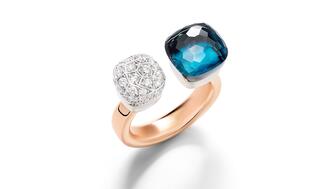
As star brand Gucci continues to struggle, the luxury titan plans to announce a new roadmap to return to growth.
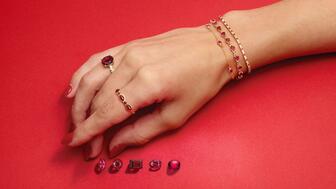
The new category asks entrants for “exceptional” interpretations of the supplier’s 2026 color of the year, which is “Signature Red.”

The White House issued an official statement on the deal, which will eliminate tariffs on loose natural diamonds and gemstones from India.
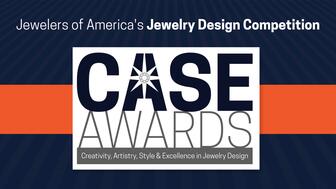
Entries for the jewelry design competition will be accepted through March 20.

The Ohio jeweler’s new layout features a curated collection of brand boutiques to promote storytelling and host in-store events.
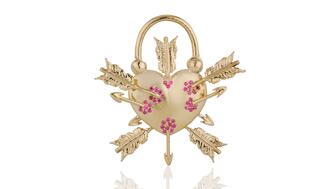
From heart motifs to pink pearls, Valentine’s Day is filled with jewelry imbued with love.

Prosecutors say the man attended arts and craft fairs claiming he was a third-generation jeweler who was a member of the Pueblo tribe.

New CEO Berta de Pablos-Barbier shared her priorities for the Danish jewelry company this year as part of its fourth-quarter results.
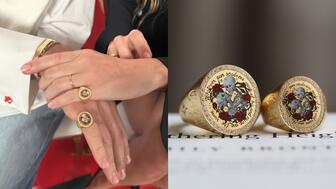
Our Piece of the Week picks are these bespoke rings the “Wuthering Heights” stars have been spotted wearing during the film’s press tour.
















